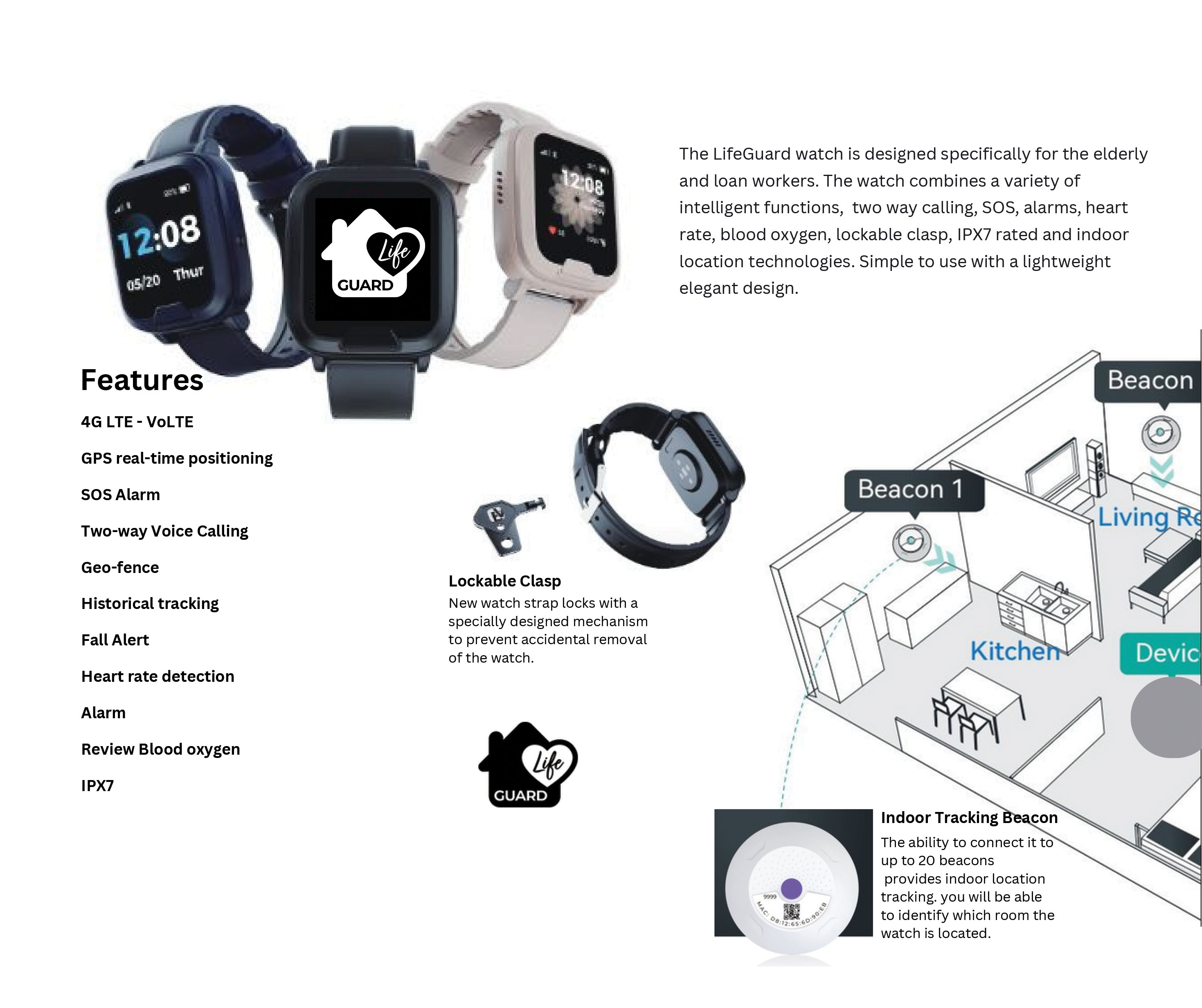Vascular Dementia
What is Dementia?
Dementia is the umbrella term for a number of diseases and causes of problems with thinking and memory that are severe enough to make managing day to day life more difficult to achieve. Signs and Symptoms can vary considerably but may include memory loss, poor concentration, difficulties with planning and organising, and disorientation problems.
What is Vascular Dementia?
- Vascular dementia occurs when there is impaired blood flow to the brain that causes damage.
- Factors that may increase the risk of vascular dementia include health issues such as heart disease, stroke, diabetes, high blood pressure, infection, high cholesterol, and smoking. It is important, therefore, to work to minimise or manage these factors as they may help to lessen the chances of developing vascular dementia.
- The thinking problems caused by vascular dementia may vary considerably, depending on the severity and location of the blood vessel damage.
- The symptoms of vascular dementia are often more obvious following a stroke or a series of mini strokes, causing a step like downward progression of symptoms following an event.
What you might see in Vascular Dementia
- Stroke like symptoms such as sudden one-sided weakness and problems with speech.
- Problems with movement and balance.
- Speech may become slow, muffled, or slurred. Word finding difficulties may also be evident.
- Emotional changes, creating difficulties in controlling emotions, especially with increased agitation and
mood swings. - Memory problems – especially Short-Term Memory.
- Problems with thinking including decreased ability to focus, poor judgement with more impulsivity, decreased ability in problem solving, reasoning, and planning. It also takes much longer to process things.
- Disorientation.
- Increased confusion – this may increase in the evening.
- Fatigue and loss of motivation.
Things you can do that may help
- Make sure your GP is involved in the care. Monitor for any changes or new symptoms and discuss these with the doctor. It is especially worthwhile to monitor for any changes that occur after a cerebral episode such as a stroke or mini stroke.
- Contact Your local dementia New Zealand affiliate for support. The team at Dementia New Zealand are always happy to help with a listening ear and support.
- Ensure lifestyle and medication changes are made to minimise the progress of underlying causes such as hypertension, high cholesterol, diabetes, or blood clots.
- Establish a regular routine. It is helpful for a person with dementia to follow the same daily routine. It minimises confusion and creates security.
- Ensure you have good communication strategies in place.
1. Be respectful.
2. Include the person with dementia as much as possible.
3. Be clear and concise.
4. Use simple sentences.
5. Be prepared to take your time and repeat things as necessary.
6. Minimise distractions.
7. Be specific.
8. Use visual cues.
9. Avoid arguing. - Have realistic goals. Having unrealistic goals can cause frustration and fatigue for all concerned. In caring for a person with dementia, aim for the person with dementia feeling as comfortable as possible.
- Think about what may be triggering behaviour. All behaviour occurs for a reason. Often behaviour conveys a message that the person with vascular dementia can no longer express in words. It is important to look for any unmet needs the person might have. Try to respond to the emotions behind the behaviour rather than the behaviour itself. This will help to maintain a sense of well-being for everyone involved.
- Stimulate long term memory by reminiscing. Although a person with vascular dementia might struggle with their short-term memory, their long-term memory often remains intact. Reminiscing, therefore, becomes a pleasurable activity, enabling the person with dementia feel connected with family and friends.
- Be Flexible. Dementia is a process so the needs of a person with vascular dementia will change over time. It is helpful to utilise support groups to ask for advice and learn from others who have had similar experiences. Sometimes the issues involved with dementia can be extremely challenging. Please don’t be afraid to seek professional help if required.
- Consider Safety. You will need to evaluate risks and consequences to ass ess the safety of a person with Vascular dementia. Consider if they may require supervision with activities. Use the safer Walking website to find a solution if they tend to wander. Consider making changes to your home to make it more dementia friendly.
Acknowledgements
- Mayo Clinic – Vascular Dementia
- Alzheimer’s Association – Vascular Dementia
- University of California San Francisco – Coping Strategies for Vascular Dementia Caregivers
- Landsearch & Rescue New Zealand – Safer Walking
- Dementia New Zealand – Positive Communication
- Dementia Canterbury – Optimising Communication
- Dementia New Zealand – Making Dementia friendly changes around the home








